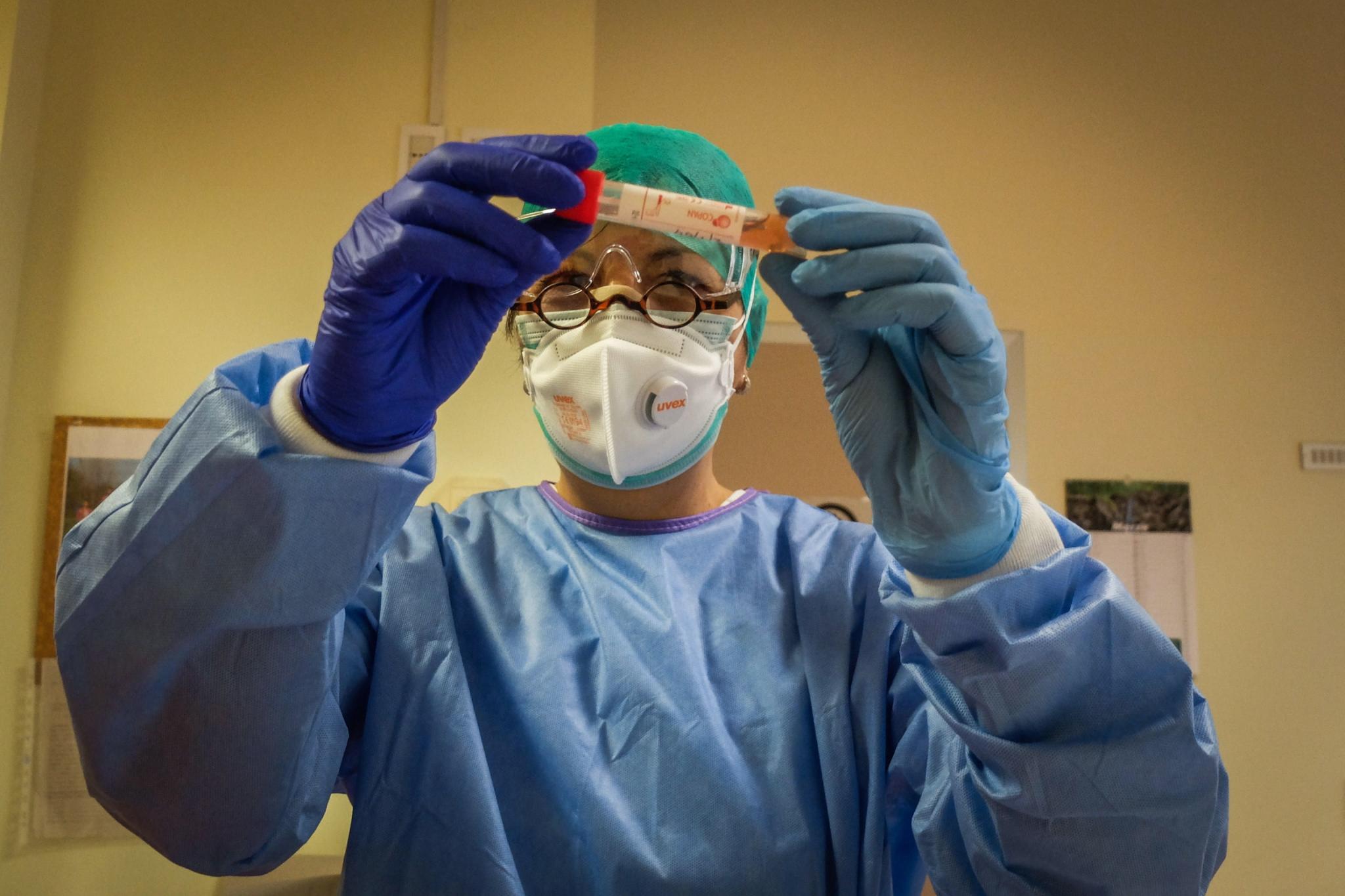Much is hidden behind these stats and much remains unknown. People with pre-existing conditions and the elderly are disproportionately affected and may have a fatality rate as high as 7-10%. On the flip side, younger people and children appear to have a milder course and their fatality rate is in the order of 0.1% to 1%; an order of magnitude closer to that of seasonal influenza.
In reality we are dealing with three primary risks. Risk of infection with COVID-19, risk of ‘Quarantine’ and finally ‘Fear’ leading to anxiety, stress and behavioural change. Let’s address these in greater detail and stay informed about these primary risks.
Last week a the ITB travel industry conference was cancelled in Berlin leading to disappointment and fear in the Tourist Sector as it signals possible economic hardship ahead. Airlines are reporting scaling back some flights to Italy in light of the local outbreak of cases. Holidaymakers are pressing pause on their spring plans and waiting until the big picture becomes clearer. Is this rational and reasonable given the associated health risk? I would argue that the risks are shortly likely to be uniform across Europe and globally as containment measures are not 100% effective. What is 84 countries today will unfortunately soon be 184 countries. We cannot stop this outbreak in its tracks but we can slow it and manage it and reduce the personal, societal and economic impacts.
Cancelling public gatherings, conferences, avoiding commuter services including buses, trains and flights will slow the rate of infectious spread and give health services the chance to prepare for multiple cases. However, whether you choose to stay at home or travel abroad you generally are no more likely to become infected. The exception to this is to perhaps avoid travel to countries or locations with known widespread transmission in the developing world. The reason for this exception is because of compounding of risk – the health system may already be in poor shape, quarantine itself is a risk for people who may get a fever for another reason and there is a higher risk of getting COVID19. This is not true for countries and locations in Europe such as the UK or Spain. The health system is advanced and at this point in time it is able to cope with the existing demand. Risk of mistakes with screening and inadvertent quarantine are very low. Travel to Majorca is a very low risk to Majorca. The picture is fluid. Tour operators, governments, media have a responsibility to help keep people up to date as this the situation evolves.
Easter is not far away. My family will join me here in Majorca shortly and I am very comfortable that we will be in as safe a place as any in Europe and perhaps globally. Airport and public health staff are well trained. Hospitals are well resourced and not showing signs of strain or severe. Public hygiene and sanitation measures are good and access to care is immediate should anyone become ill. It is good to keep things in perspective. Road traffic accidents are still the highest risk people will face while on holiday in the Balearics and indeed at most holiday destinations.

Pre-existing conditions are more likely to flare up and cause illness than for COVID19 to lead to hospitalisation or worse. Smokers should think about quitting. This is sound advice on any day of the week and especially now with a new respiratory illness circulating in the environment.
This outbreak will likely continue and the number of cases and fatalities will sadly grow. Fear of the unknown will drive some of our decision making in the coming weeks or months. With an abundance of caution people who are already ill or with unstable conditions should do their best to stabilize these conditions prior to foreign travel. For most people however, you do not need to cancel your plans or stay at home as this is unlikely to be protective.

Take personal sensible steps to protect yourself. Wash your hands with warm water and soap for at least 20 seconds at every opportunity. Wash them prior to leaving home, entering the office, going to the loo, before food, after food, before meetings and prior to returning home. Carry tissues – Catch it Kill it and Bin it!. Consider a personal hand sanitizer gel. Don’t wear masks unless you are unwell as they may put you more at risk if they become moist from prolonged use. If you are a health professional or you come into contact with ill people regularly, make sure you have the right personal protective equipment and training to do your job safely.
Stay well, stay safe and take these minimum precautions. Beyond that don’t worry excessively – it will make you unwell…




1 comment
To be able to write a comment, you have to be registered and logged in
Thank you for your very sensible and balanced article.